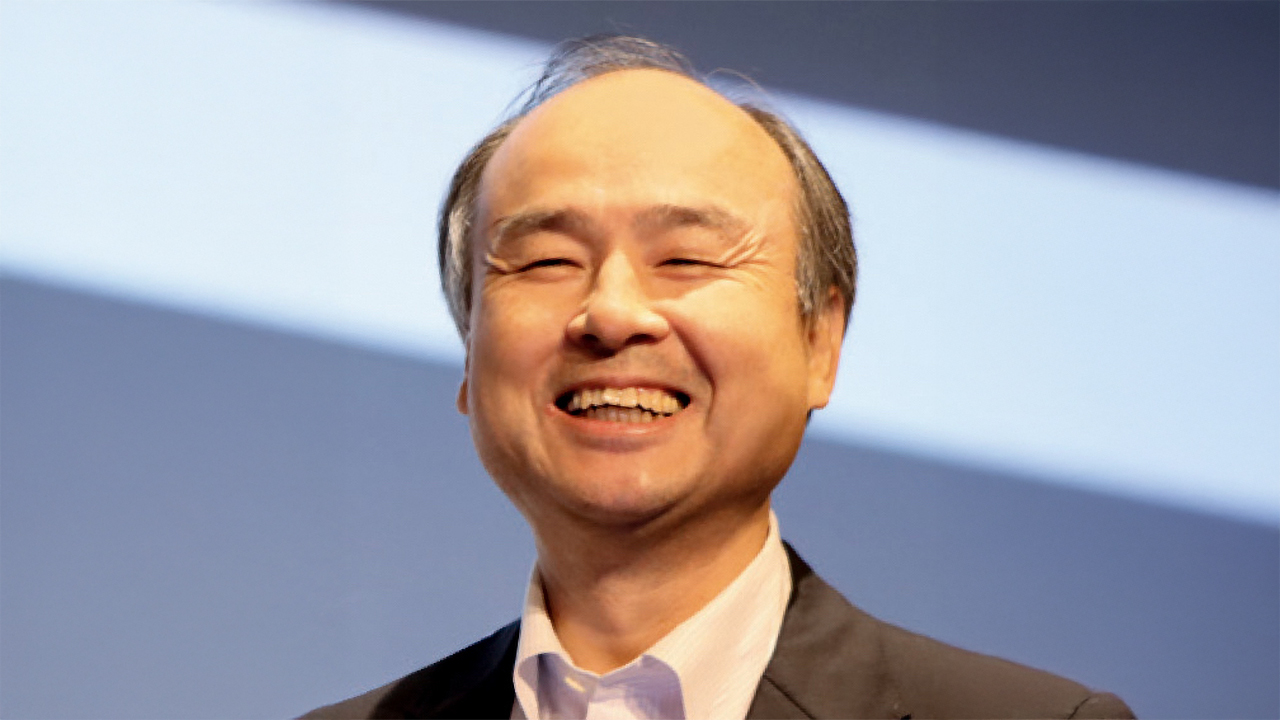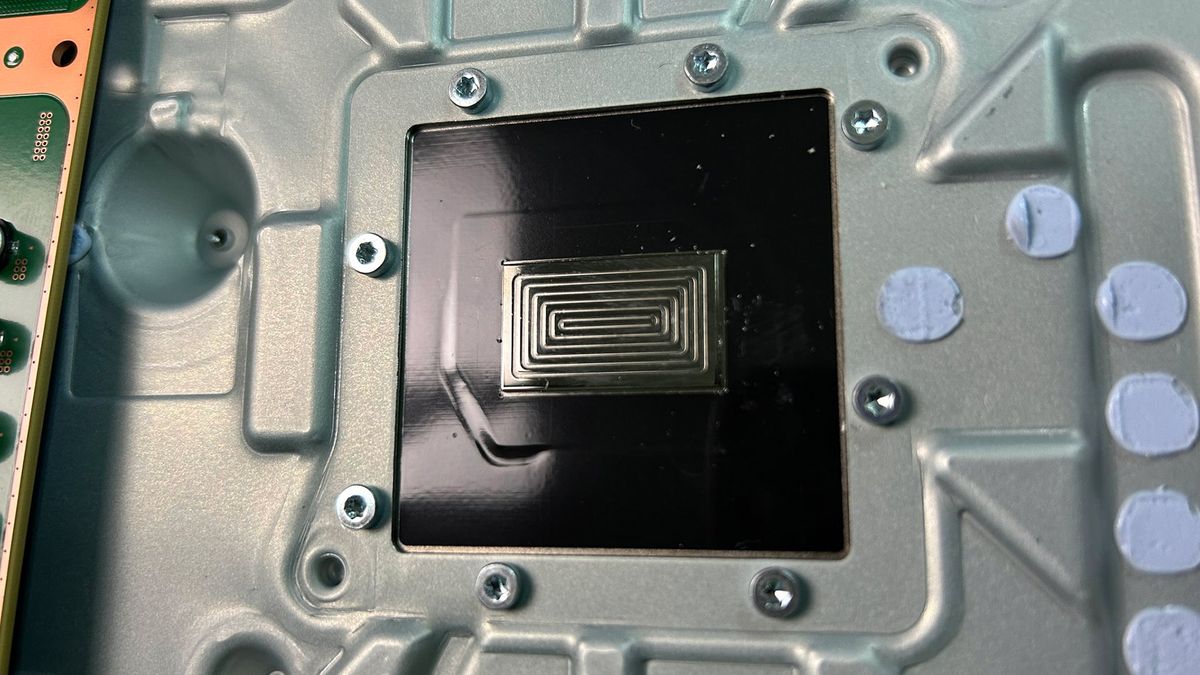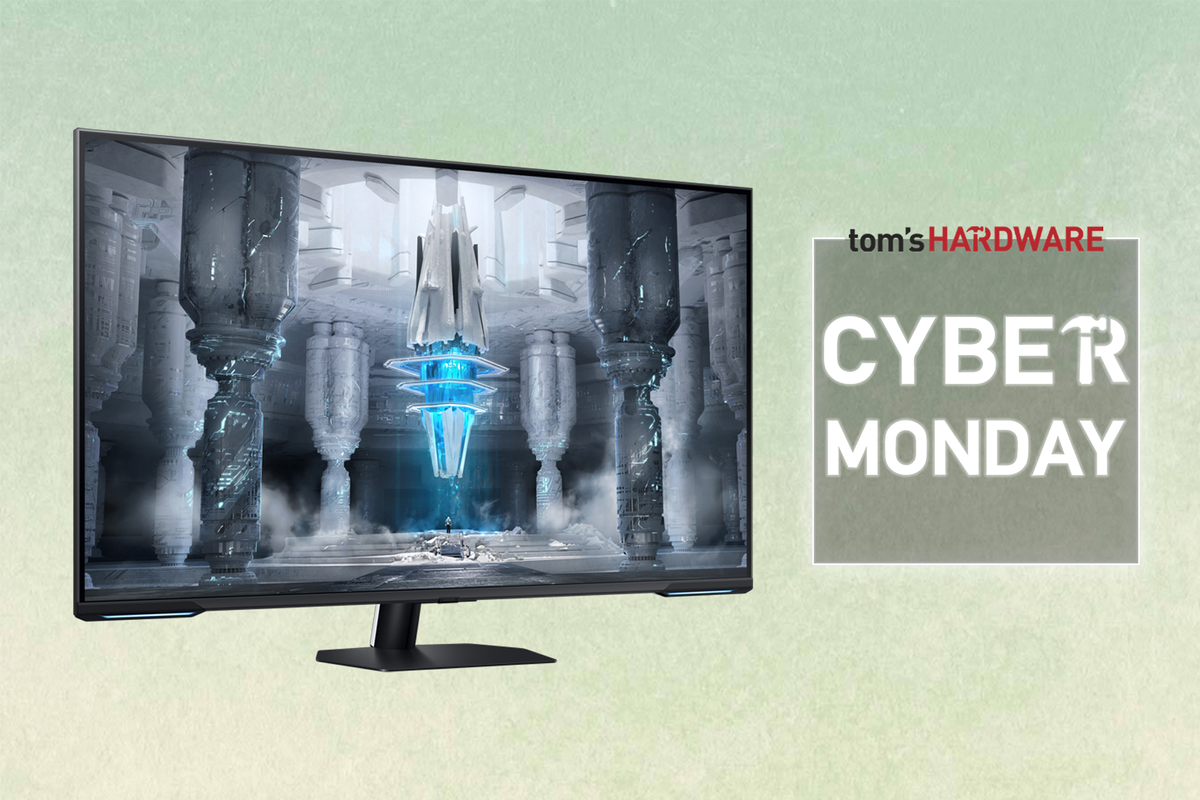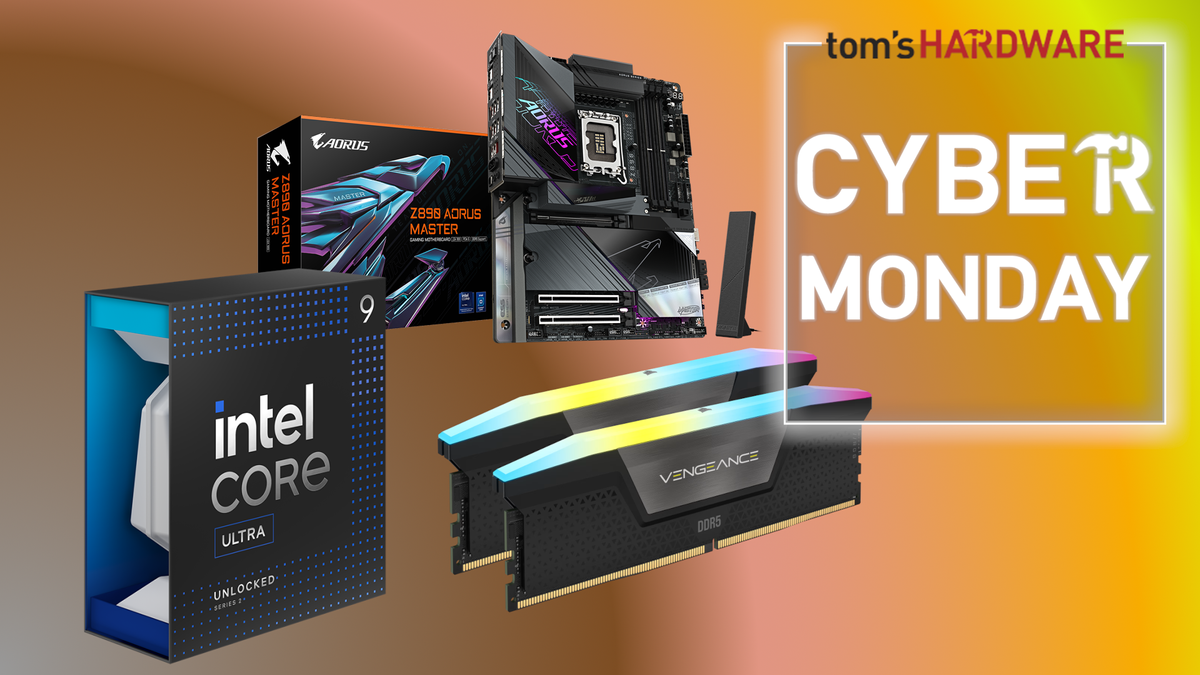Masayoshi Son, founder of SoftBank Group, is working on plans to develop a giant AI and manufacturing industrial hub in Arizona, potentially costing up to $1 trillion if it reaches full scale, reports Bloomberg. The concept of what is internally called Project Crystal Land involves creating a complex for building artificial intelligence systems and robotics. Son has talked to TSMC, Samsung, and the Trump administration about the project.
Masayoshi Son's Project Crystal Land aims to replicate the scale and integration of China’s Shenzhen by establishing a high-tech hub focused on manufacturing AI-powered industrial robots and advancing artificial intelligence technologies. The site would host factories operated by SoftBank-backed startups specializing in automation and robotics, Vision Fund portfolio companies (such as Agile Robots SE), and potentially involve major tech partners like TSMC and Samsung. If fully realized, the project could cost up to $1 trillion and is intended to position the U.S. as a leading center for AI and high-tech manufacturing.
SoftBank is looking to include TSMC in the initiative, given its role in fabricating Nvidia's AI processors. However, a Bloomberg source familiar with TSMC's internal thinking indicated that the company's current plan to invest $165 billion in total in its U.S. projects has no relation to SoftBank's projects. Samsung Electronics has also been approached about participating, the report says.
Talks have been held with government officials to explore tax incentives for companies investing in the manufacturing hub. This includes communication with Commerce Secretary Howard Lutnick, according to Bloomberg. SoftBank is reportedly seeking support at both the federal and state levels, which could be crucial to the success of the project.
The development is still in the early stages, and feasibility will depend on private sector interest and political support, sources familiar with SoftBank's plans told Bloomberg.
To finance its Project Crystal Land, SoftBank is considering project-based financing structures typically used in large infrastructure developments like pipelines. This approach would enable fundraising on a per-project basis and reduce the amount of upfront capital required from SoftBank itself. A similar model is being explored for the Stargate AI data center initiative, which SoftBank is jointly pursuing with OpenAI, Oracle, and Abu Dhabi's MGX.
Melissa Otto of Visible Alpha suggested in a Bloomberg interview that rather than spending heavily, Son might more efficiently support his AI project by fostering partnerships between manufacturers, AI engineers, and specialists in fields like medicine and robotics, and by backing smaller startups. However, she notes that investing in data centers could also reduce AI development costs and drive wider adoption, which would be good for the long term for AI in general and Crystal Land specifically. Nonetheless, it is still too early to judge the outcome.
The rumor about the Crystal Land project has emerged as SoftBank is expanding its investments in AI on an already large scale. The company is preparing a $30 billion investment in OpenAI and a $6.5 billion acquisition of Ampere Computing, a cloud-native CPU company. While these initiatives are actively developing, the pace of fundraising for the Stargate infrastructure has been slower than initially expected.
SoftBank’s liquidity at the end of March stood at approximately ¥3.4 trillion ($23 billion). To increase available funds, the company recently sold about a quarter of its T-Mobile U.S. stake, raising $4.8 billion. It also holds ¥25.7 trillion ($176.46 billion) in net assets, the largest portion of which is in chip designer Arm Holdings. Such vast resources provide SoftBank with room to secure additional financing if necessary, Bloomberg notes
Follow Tom's Hardware on Google News to get our up-to-date news, analysis, and reviews in your feeds. Make sure to click the Follow button.

 5 months ago
71
5 months ago
71






 English (US) ·
English (US) ·